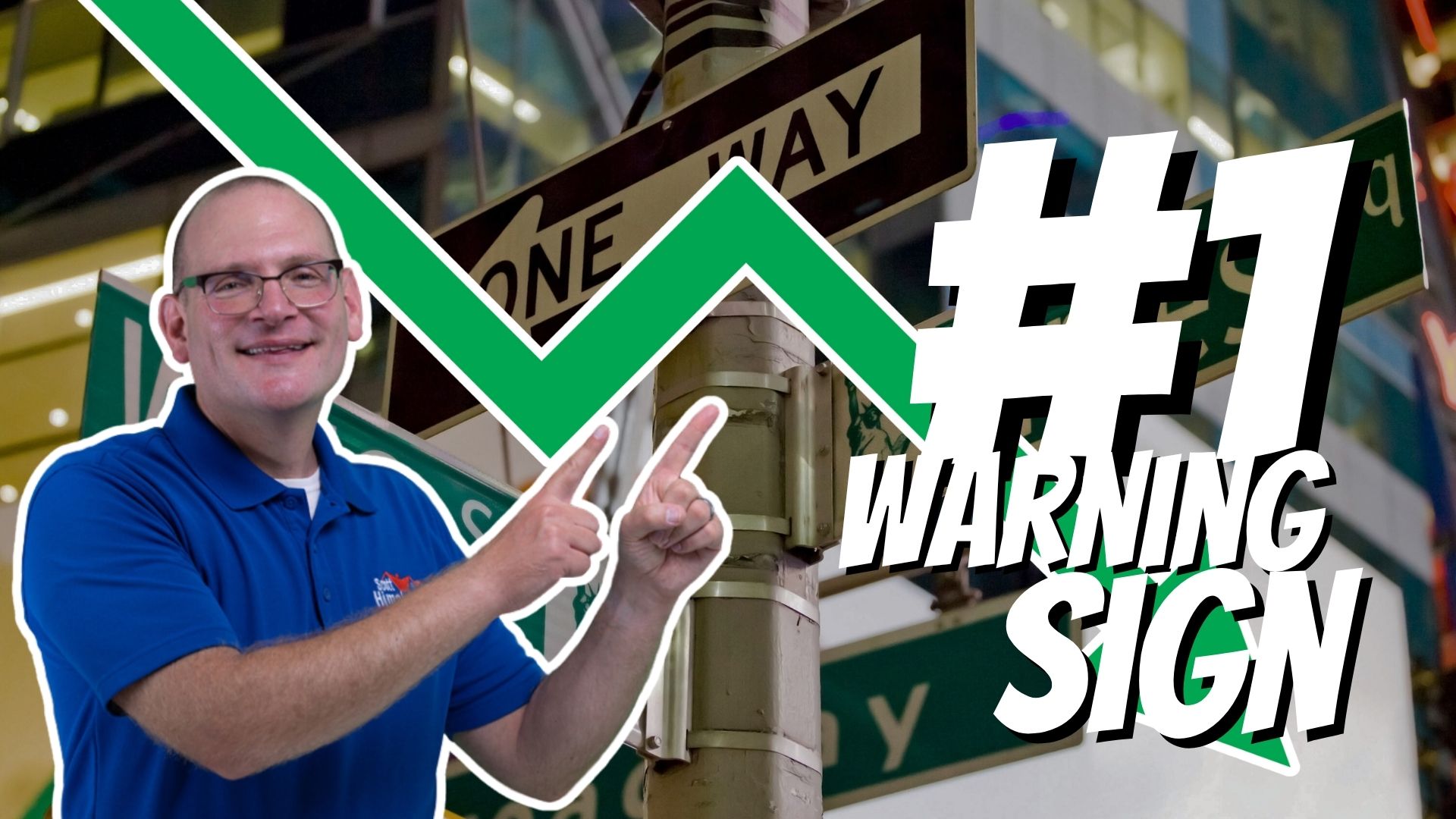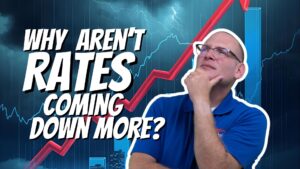Is the Los Angeles Housing Market Headed for a Crash in 2025?
The question on everyone’s mind right now: Is the Los Angeles housing market about to crash, or are we simply experiencing a correction? Analysts, experts, and everyday homeowners are paying close attention to one critical warning sign that has them worried—an indicator that also flashed red before the infamous 2008 housing market collapse.
So, what exactly is this warning sign, and does it really mean trouble for Los Angeles real estate in 2025? Let’s break it down.
The Red Flag: Months of Supply
When economists and real estate professionals talk about warning signs, one of the first things they look at is the months supply of homes on the market. This metric shows how long it would take to sell all available homes if no new listings were added.
-
Nationwide, the supply of existing homes sits at 4.7 months.
-
But for new construction homes, it’s nearly 10 months (9.8 to be exact).
That jump is significant. In fact, it’s eerily similar to what we saw leading up to 2008. And when builders are stuck with too much inventory, they get aggressive—cutting prices, offering buyer incentives, and creating serious competition for resale sellers.
Builders vs. Resale Homes
Here in Los Angeles, the difference between new construction homes and resale properties is becoming more obvious by the day.
-
New construction: Shiny, modern homes in areas like Porter Ranch or the San Fernando Valley often come with $200,000 in incentives, lower monthly payments, and attractive perks like closing costs covered or mortgage rate buy-downs.
-
Resale homes: Older finishes, fewer perks, and sellers reluctant to reduce prices.
Given the choice, buyers are leaning toward new construction, which puts downward pressure on the resale market.
The Weakening Lock-In Effect
For years, homeowners with mortgage rates under 4% refused to sell because they didn’t want to trade into today’s higher rates. This “lock-in effect” kept inventory limited. But in 2025, that’s changing.
People are getting restless. They need to move for jobs, family, or lifestyle reasons—even if it means giving up their ultra-low mortgage rate. As a result, more homes are hitting the market, adding to overall supply.
Buyer Demand Still Lagging
The challenge? Buyer demand isn’t keeping up.
With mortgage rates hovering between 6–7%, many buyers remain on the sidelines. While those rates are historically normal, they feel high compared to the last decade. The result: homes are sitting longer on the market, days on market are increasing, and sellers are forced to reduce prices.
Crash or Correction?
So, does this mean Los Angeles is heading for a 20–30% housing crash?
Most experts—and my own experience in the field—say no. What we’re seeing looks more like a correction rather than a catastrophic crash. Inventory is rising, builders are undercutting resale homes, and on average, Los Angeles County has seen an 8% correction so far.
For buyers, that means more opportunities: more inventory, less competition, and even the chance to grab builder incentives that reduce monthly payments. For sellers, it’s all about pricing right from the start and staging your home to shine. Waiting too long or overpricing could mean chasing the market downward.
Why a Crash Would Hurt Everyone
While some people may hope for a massive drop in home prices, the reality is a crash would have ripple effects across the economy. A 20–30% price collapse wouldn’t just impact sellers—it could drag down jobs, retirement savings, and even local businesses here in Los Angeles.
A healthy correction, on the other hand, brings balance. Buyers get more choices, sellers reset their expectations, and the market avoids the long-term pain of a full-blown collapse.
Final Thoughts
The Los Angeles housing market in 2025 is shifting, but it’s not crashing. Think of it as a market in transition—one where your strategy matters more than ever. Buyers can take advantage of new inventory and incentives, while sellers need to price strategically and work with experienced agents who understand the changing landscape.
As someone who’s worked in Los Angeles real estate for over 21 years, I’ve seen markets rise, fall, and correct. This isn’t 2008—it’s 2025, and the opportunities are still there if you know how to navigate them.
If you’re considering **buying or selling a home in Los Angeles—whether it’s a luxury new construction, a family home, or an investment property—**my team and I are here to guide you through this shifting market.




